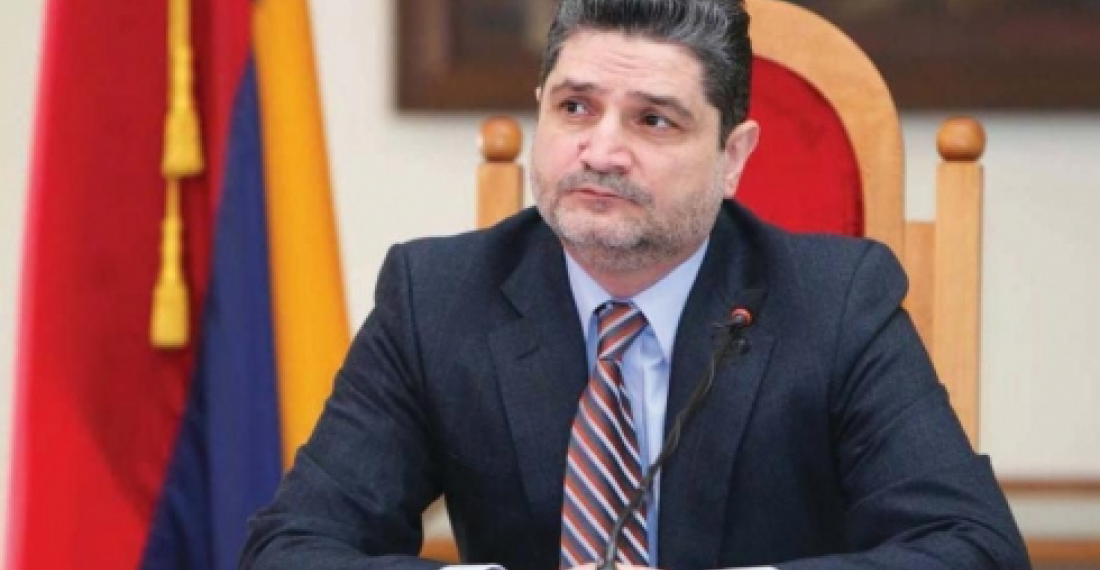We conceal nothing from our partners - that is what makes up strong, Prime Minister of Armenia Tigran Sargsyan said in an interview with Kommersant newspaper.
"I do not think that the EU Eastern Partnership Project involving also Yerevan aims to weaken Russia's positions. We cooperate both with NATO and the EU. These processes are not aimed against a third
country like our strategic relations with Russia are not aimed against the EU. Our strategic partner Russia is well informed of all our programs of cooperation with the EU, NATO, USA, Iran, China or Georgia. Russia understands that we have no big choice to develop partnerships given our geopolitical situation and the problems with the neighbors," the prime minister said.
Sargsyan said Armenia sees no barriers from the viewpoint of integration processes either within EurAsEC or CIS. In addition, deepening of these processes is of vital importance for the country. "But there is no such example in the world practice when a country having no borders becomes a member of the Customs Union. It would be senseless. The sense of the Customs Union is exchange of goods without customs clearance. In the case of Armenia it is impossible, for we have to pass via the territory of the neighbor-state and undergo customs clearance twice. This makes customs clearance facilitation senseless for economic entities. Instead, we would receive only problems connected with the rise of customs duties and taxes. Russian colleagues understand this situation as well. We seek forms of cooperation without Customs Union. We should probably think of a new platform or a special status for Armenia," Sargsyan said.
At the same time, the premier said, entering new economic territories of very important for Armenia. "We should expand our economic space. This is one of the conditions of effective economy. We are interested in cooperation within the CIS, but we want also access to European market. Therefore, we should introduce certain European standards. First of all, these are food safety standards. It will take some three years for these standards to be developed, introduced and implemented. Afterwards, a new big market will open for us," he said.







